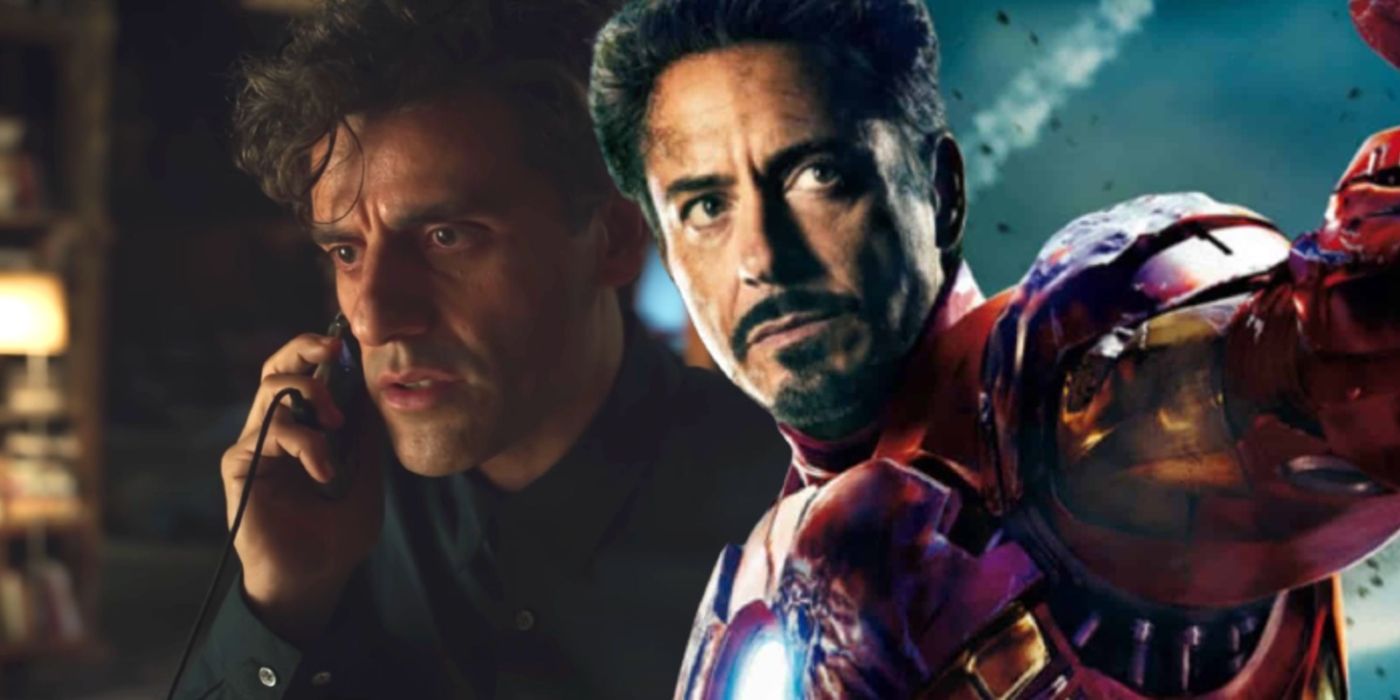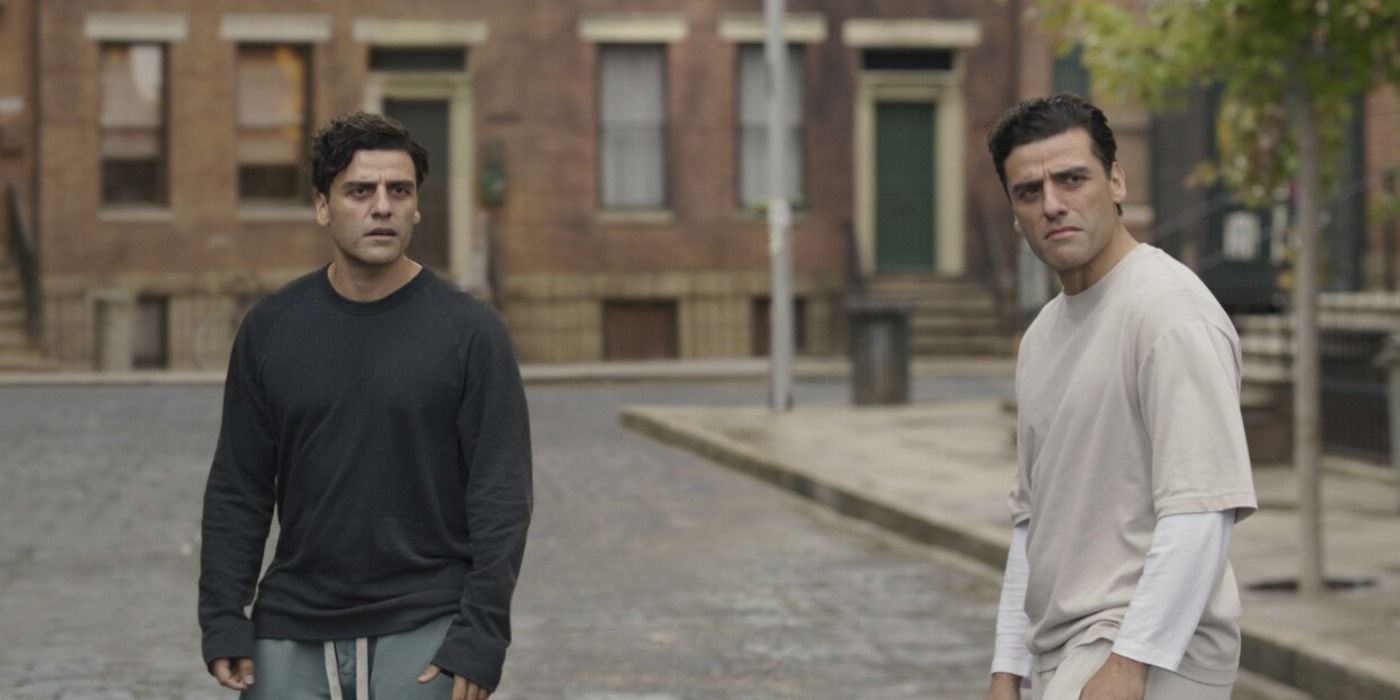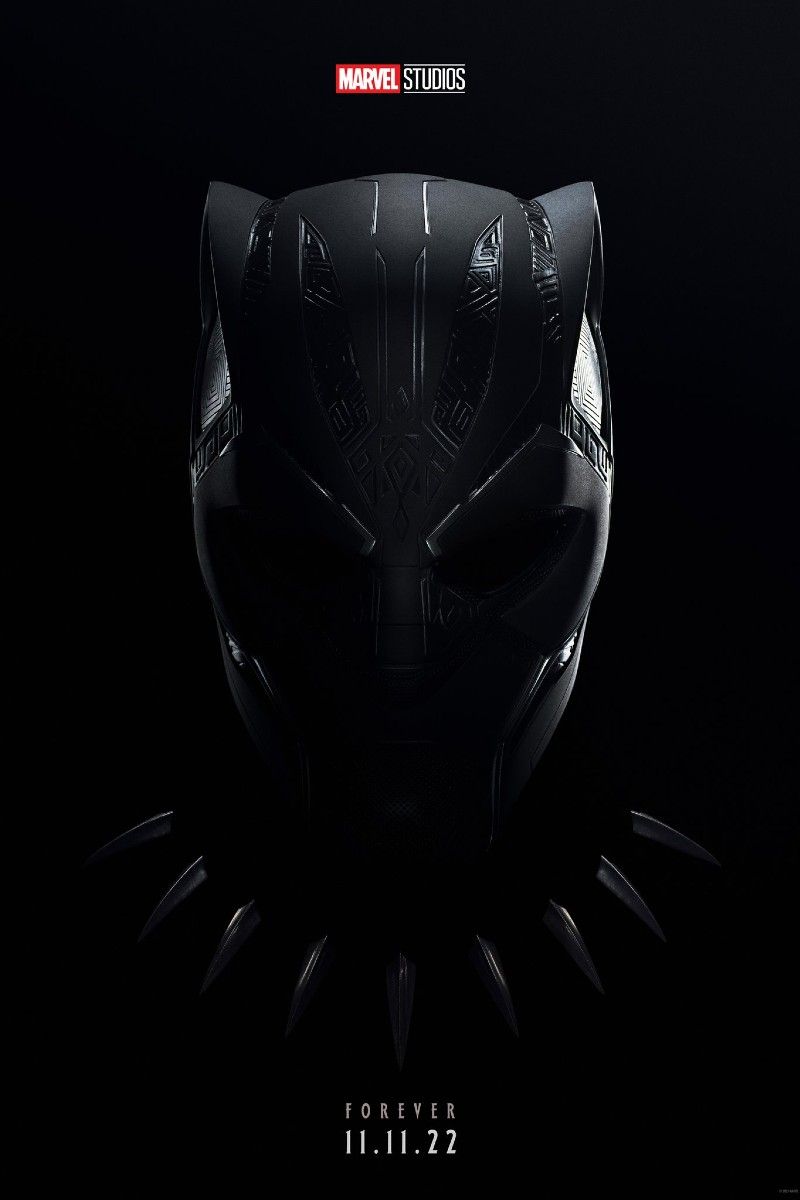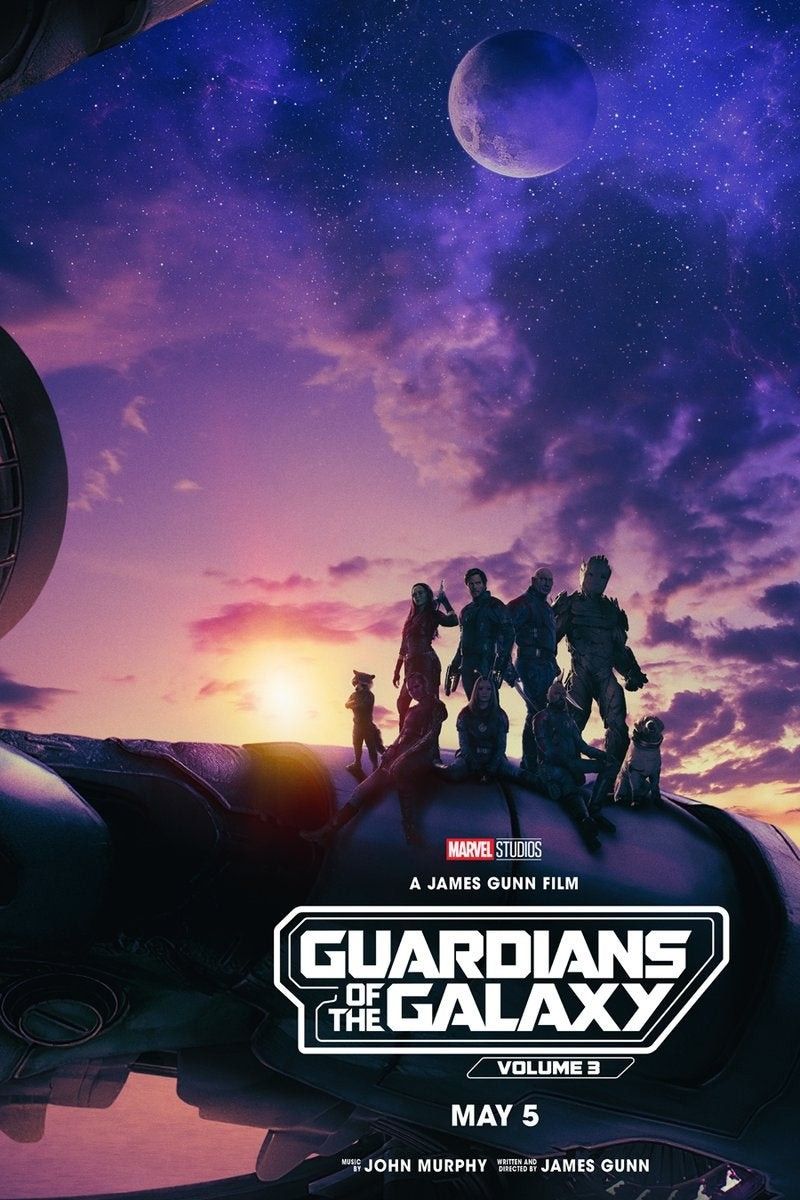Warning! SPOILERS for Moon Knight episode 5.
Despite streaming on Disney+, Moon Knight has been telling a darker story than the Marvel Cinematic Universe is accustomed to, and its ability to do so can be partially credited to some of the fundamentals established as far back as Iron Man. Beginning with the release of WandaVision in 2021, Disney+ has been releasing original streaming shows set in the MCU. Moon Knight is the first of these series to focus on a character not previously established in the films, and perhaps because of this, it has been delving into more serious themes than its predecessors.
In establishing its mature tone, Moon Knight has thus far spent comparatively little time with the titular superhero persona, instead opting to focus much more on Marc Spector and Steven Grant. Episodes 4 and 5, "The Tomb" and "Asylum," respectively, only briefly glimpse Moon Knight in their entire runtimes. Something like this was perhaps to be expected in episode 1, in which the mystery and suspense were centered around Steven Grant unearthing the true nature of his existence, but to be so removed from costumed antics more than halfway through the series is certainly a pointed choice. So much emphasis is placed on Spector as a person that Layla even euphemistically refers to the manifestation of the Moon Knight powers as "the suit," further distancing it from his identity.
Regardless of how much of what has been shown ultimately proves to real versus imagined, Moon Knight's willingness anchor its story so strongly in its hero's costume-less identity sees it carrying on the torch of an aspect that so distinguished 2008's Iron Man. While they achieve it in vastly different ways, both Tony Stark and Marc Spector/Steven Grant are showcased as fully fleshed-out people with interesting conflicts and backgrounds, which their superhero personas serve almost to garnish. They are two particularly strong examples of the quality of Marvel's civilian alter egos, and the adversity that they can believably confront as a result. It took Tony Stark a bit longer to get to the psychological underpinnings of his actions (with hints of his alcoholism in Iron Man 2 and the aftermath of his extraterrestrial trauma in Iron Man 3), but the faith that the films put in Robert Downey Jr.'s performance enabled those developments, in much the same way that Oscar Isaac has been able to for Spector and Grant.
Contributing to this emphasis on character is the (relatively) grounded nature of Moon Knight's abilities. While there is certainly a supernatural foundation in being chosen as Khonshu's avatar, Moon Knight is generally lacking in any overtly showy superpowers, being largely restricted defensive and healing factors that augment his martial combat. This hearkens back again to the powerless Tony Stark, as well as his fellow O.G. Avenger, Captain America, and has even drawn some comparisons to Batman and his utility belt in the past. In general, Phase 1 of the MCU was, by necessity, more grounded and straightforward than the time-travelling, multiversal sprawl that it has evolved into. While that was most likely in the interests of introductory accessibility, Moon Knight has returned to this approach to counterbalance the rich character being painted at its center.
In addition to its blockbuster popcorn movies with some of the highest box office grosses in the history of film, the MCU has also made a hallmark of focusing on the charisma of its heroes (admittedly sometimes to the detriment of its villains). Of course, a more grounded vision of superheroes was percolating in the climatic ether even before the MCU began, with the X-Men films of the early 2000s and Sam Raimi's Spider-Man movies laying early groundwork in portraying secret identities that are just as compelling as the superheroes in front of them. As the Marvel Cinematic Universe continues to expand and incorporate progressively stranger elements of the comics, these are strong, reliable roots to lean on, as Marc Spector and Steven Grant have shown us as the more human sides of Moon Knight.







